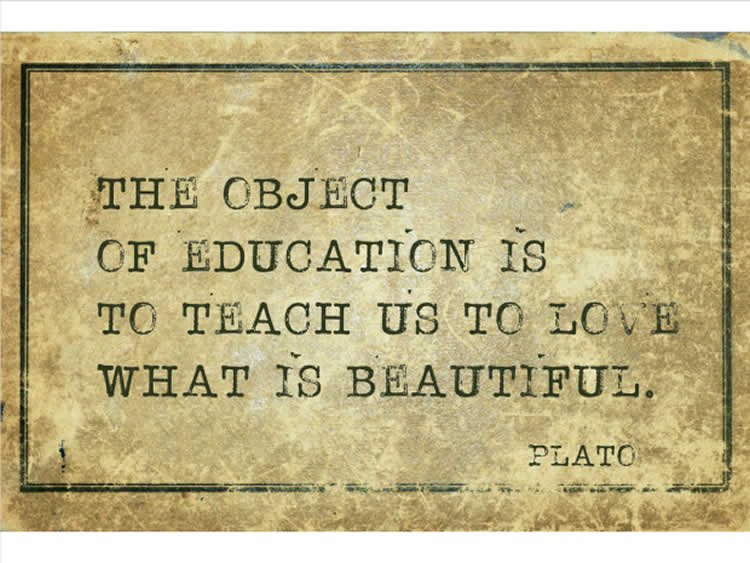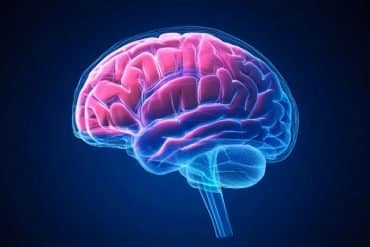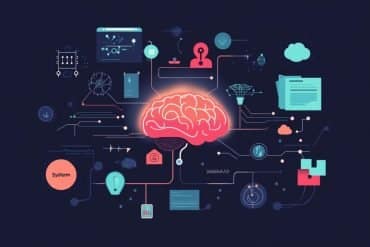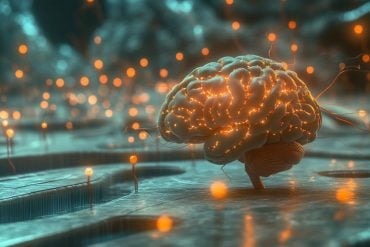Summary: Analyzing the work of great philosophers and recent neuroscience research, researchers conclude certain simple features, such as symmetry and roundness, make things more attractive to us.
Source: NYU.
Beauty, long studied by philosophers, and more recently by scientists, is simpler than we might think, New York University psychology researchers have concluded in a new analysis. Their work, which appears in the journal Current Biology, offers a new perspective on the value of aesthetics.
“Beauty is famously subjective and supposed to be intractable by science, but some of its key properties follow simple rules.” explains Denis Pelli, a professor in NYU’s Department of Psychology and a co-author of the paper. “Philosophers have long supposed that the feeling of beauty is a special kind of pleasure. Yet, our analysis of research in the field shows that the feeling of beauty may merely be a very intense pleasure, not otherwise special.”
“It is widely assumed that the experience of beauty requires prolonged contemplation. But our primer reveals that a fraction of a second is enough,” adds Aenne Brielmann, the paper’s lead author and an NYU doctoral student.
The researchers’ analysis stretches from Plato to 18th-century German philosopher Alexander Baumgarten to 19th-century playwright Oscar Wilde and early psychologist Gustav Fechner to the most recent findings in neuroscience.
“Beauty has fascinated humankind for thousands of years,” observe the authors, who focus their work on the growing field of “empirical aesthetics,” a branch of psychology that investigates how people experience beauty and art.
Beauty matters in the daily choices we make—each year, consumers spend millions of dollars, and countless hours, to acquire, or enhance, beauty.
Among the authors’ conclusions is the following: Certain features, such as symmetry and roundness, make things more beautiful—on average.

“So one should be cautious not to over-generalize the beauty of these features,’ ” Brielmann says. “Averages ignore the large differences in taste between us. For example, the asymmetric beauty mark that is a trademark of the much-adored face of Marilyn Monroe is a blatant exception to the general rule that symmetry enhances beauty.”
They also highlight empirical evidence backing a centuries-old claim by philosophers: The experience of beauty is a feeling of pleasure. So, as one increases, so does the other. Brielmann and Pelli point to neuroscience findings that show that such experiences increase activity in one of the brain’s “pleasure centers” in the orbitofrontal cortex.
The researchers anticipate that a clearer understanding of beauty could change the way we understand decision making. Neuro-economists have developed ways to infer monetary value from people’s buying decisions. Brielmann and Pelli expect that similar techniques will help us assess the value of beauty in more personal choices.
Source: James Devitt – NYU
Publisher: Organized by NeuroscienceNews.com.
Image Source: NeuroscienceNews.com image is adapted from the NYU news release.
Original Research: Abstract for “Aesthetics” by Aenne A. Brielmann and Denis G. Pelli in Current Biology. Published August 20 2018.
doi:10.1016/j.cub.2018.06.004
[cbtabs][cbtab title=”MLA”]NYU”Beauty is Simpler, and Less Special, Than We Realize.” NeuroscienceNews. NeuroscienceNews, 21 August 2018.
<https://neurosciencenews.com/beauty-simplicity-9719/>.[/cbtab][cbtab title=”APA”]NYU(2018, August 21). Beauty is Simpler, and Less Special, Than We Realize. NeuroscienceNews. Retrieved August 21, 2018 from https://neurosciencenews.com/beauty-simplicity-9719/[/cbtab][cbtab title=”Chicago”]NYU”Beauty is Simpler, and Less Special, Than We Realize.” https://neurosciencenews.com/beauty-simplicity-9719/ (accessed August 21, 2018).[/cbtab][/cbtabs]
Abstract
Aesthetics
Our everyday lives are full of aesthetic experiences. We wake up and frown at an overcast sky, or smile at the sight of the sun. Myriad decisions depend on the aesthetic appeal of the available options like which shirt to wear, which route to take to work, or where to eat. Even life-changing decisions, like where to live or who to live with, are partly based on their aesthetic appeal.






